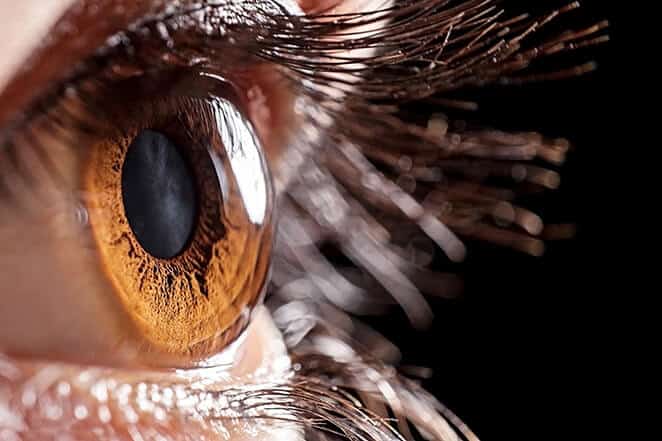Cornea

Your eyes help you see the world around you. Part of what enables you to accomplish this is the cornea. At Newton Wellesley Eye Associates, we treat many conditions, including those that affect the cornea.
What is the Cornea?
The cornea is your eye’s transparent front surface covering the iris and pupil. It helps focus light onto the retina and enables you to see clearly. However, like other parts of the eye, it can have problems and conditions that lead to vision problems.




